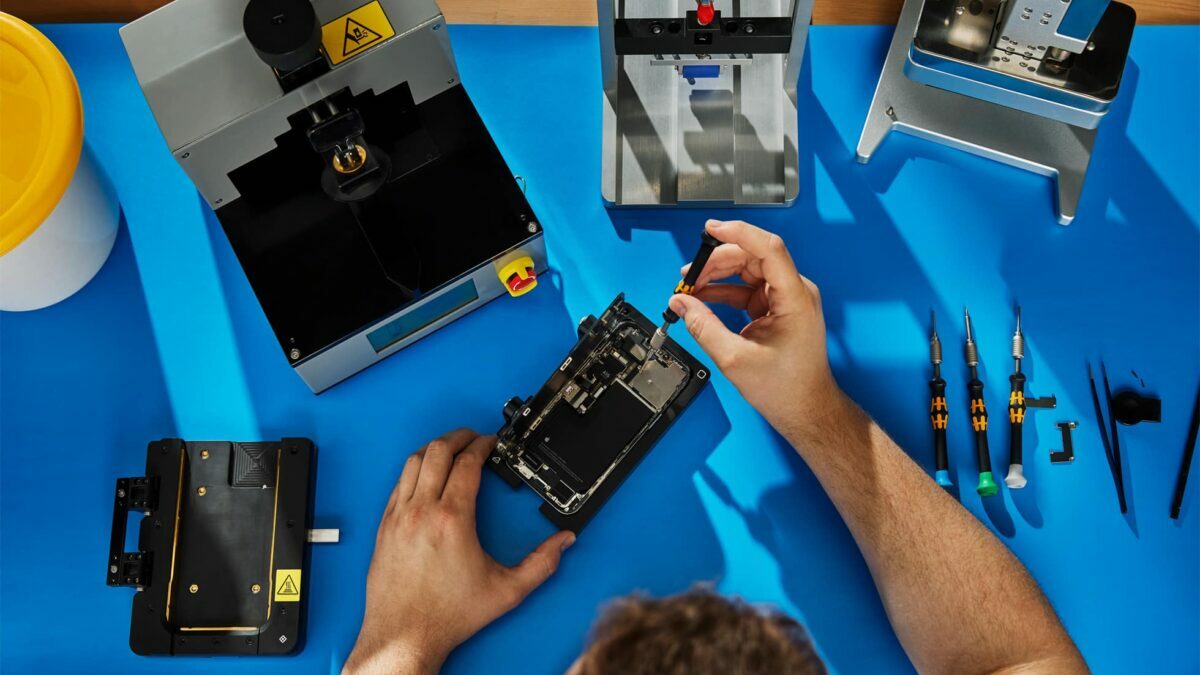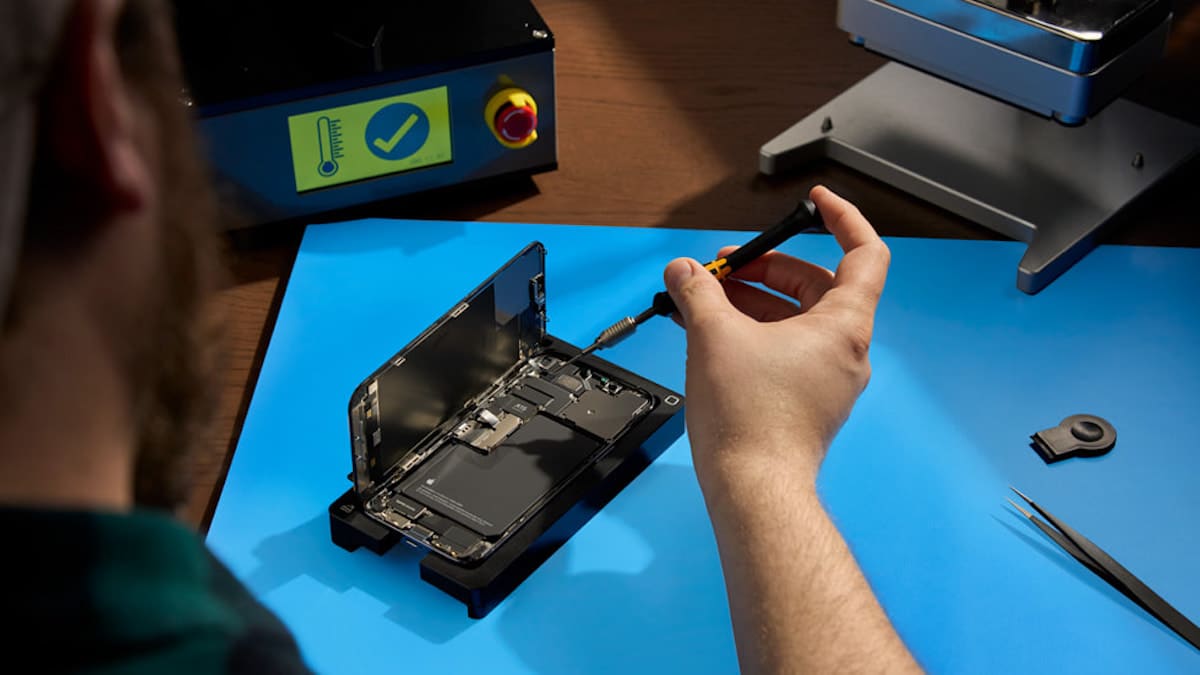A new law in the European Union mandates that all smartphones must have removable or replaceable batteries by 2027. While this move is aimed at promoting sustainability and reducing electronic waste, Apple seems to have a different perspective.

Apple’s waterproof iPhones could make it difficult to comply with the EU’s removable battery mandate
According to a recent interview with Apple’s Senior Vice President of Hardware Engineering, John Ternus, the company does not plan to implement fully removable batteries in the iPhone.
Ternus highlighted the importance of providing a safe and effective way for customers to replace their batteries if needed. However, he also acknowledged the challenge of striking a balance between durability and maintainability. While making internal components removable enhances maintainability, it can also introduce potential points of failure. Apple’s approach seems to focus on data-driven decisions, ensuring easy access to repair the most commonly needed parts.
One aspect that makes battery replacement more complicated is the iPhone’s impressive water resistance, with an IP68 rating. Achieving such high water resistance requires the use of advanced adhesives and sealants, making the opening process more difficult. This design choice reflects Apple’s commitment to delivering a durable and reliable device.
Our iPhones are IP68 rated, so they’re incredibly water resistant. We always get these great stories when customers tell us how they accidentally dropped their phone in a body of water and it took them two days to get it out and they are so excited because it still works. To get this level of water resistance, there are a lot of high tech adhesives and sealants to make everything waterproof, but of course it makes the opening process a little more difficult. So there is a balance.

Apple claims to have already improved maintainability in the current iPhone generation, employing a “Mid-Body Architecture” that allows the back glass to be detached for easier repair. While the company acknowledges the importance of user-friendly design, historically, fully user-replaceable batteries have not been part of its product offerings.
As the new EU law specifically mandates replaceable batteries, it remains uncertain how Apple, along with other manufacturers, will address this requirement. The law emphasizes that the battery should be replaceable, but the complexity of the process may vary across smartphones.
To summarize, while the European Union’s new law aims to promote sustainability and environmental responsibility, Apple’s approach appears to prioritize a balance between durability and maintainability. Although fully removable batteries might not be on the horizon for iPhones, the company is committed to improving repairability and making essential components easily accessible.


